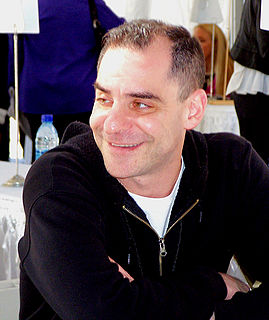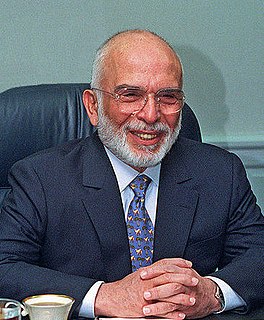A Quote by Helen Keller
The test of all beliefs is their practical effect in life. If it be true that optimism compels the world forward, and pessimism retards it, then it is dangerous to propagate a pessimistic philosophy.
Related Quotes
I laughed. “You’re too young to be so … pessimistic,” I said, using the English word. “Pessi-what?” “Pessimistic. It means looking only at the dark side of things.” “Pessimistic … pessimistic …” She repeated the English to herself over and over, and then she looked up at me with a fierce glare. “I’m only sixteen,” she said, “and I don’t know much about the world, but I do know one thing for sure. If I’m pessimistic, then the adults in this world who are not pessimistic are a bunch of idiots.
Socrates: So even our walks are dangerous here. But you seem to have avoided the most dangerous thing of all. Bertha: What's that? Socrates: Philosophy. Bertha: Oh, we have philosophers here. Socrates: Where are they? Bertha: In the philosophy department. Socrates: Philosophy is not department. Bertha: Well, we have philosophers. Socrates: Are they dangerous? Bertha: Of course not. Socrates: Then they are not true philosophers.
Some people argue against both optimism and pessimism in favor of so-called realistic thinking. They distrust optimism on the grounds that it causes us to sugercoat problems, discount risks, and exaggerate the upside. Pessimism, on the other hand, is criticized as too downbeat, de-energizing, and generally damaging in its impact. This crown prefers realism as the neutral and objective middle ground.
Antonio Gramsci said that social reformers should have pessimism of the intellect and optimism of the will. This means that one must have the intellectual ability to see how bad things are and the emotional ability to look forward with hope. It's a hard combination to sustain, but if you can do it, you can change the world.
When thinking about the future, it is fashionable to be pessimistic. Yet the evidence unequivocally belies such pessimism. Over the past centuries, humanity's lot has improved dramatically - in the developed world, where it is rather obvious, but also in the developing world, where life expectancy has more than doubled in the past 100 years.
One of the great challenges you will face is that a part of the world, and some in it, do not have or do not believe in a standard of moral values. Many in the world today operate on the basis of practical expediency. You have undoubtedly observed this yourselves. It has become a philosophy of life for many. This is true among nations as well as among individuals.
All religions, plainly and simply, cannot be true. Some beliefs are false, and we know them to be false. So it does no good to put a halo on the notion of tolerance as if everything could be equally true. To deem all beliefs equally true is sheer nonsense for the simple reason that to deny that statement would also, then, be true. But if the denial of the statement is also true, then all religions are not true.



































